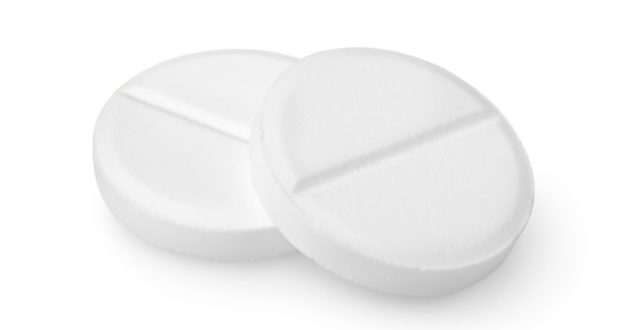There’s a very good chance that, at some point in the past, you’ve taken an aspirin for a headache. Originating in the final decade of the nineteenth century, aspirin is widely used to treat various aches and pains throughout the body. If a relatively recent study is correct, this common medication could also help the prostate gland.
The Impact of NSAIDs
The American Association for Cancer Research, the world’s oldest and largest group dedicated to this purpose, highlighted this research at its annual meetup. The authors of the report documented the prostate health of roughly 6,400 men. Of this group, half took non-steroidal anti-inflammatory drugs (NSAID), a class of medication that includes aspirin. The remaining participants consumed no medications.
After four years, men in the NSAID group had notably better prostate health than their counterparts. The study found that prostate cancer was 13 percent less likely to develop in those taking NSAID medications. Furthermore, other types of harmful tumors posed a lower threat in these men; the NSAID group was 17 percent less at risk of such growths than the control subjects.
Pushing Down PSA
The connection between NSAIDs and better prostate health could be as simple as three letters ‒ PSA, a type of protein released by the prostate gland. Abnormally high PSA readings can indicate the presence of cancerous tumors. The study authors believe that aspirin, along with other types of NSAIDs, could work to suppress levels of PSA proteins.
While the study’s findings are certainly noteworthy, further research is needed to confirm their validity. In a press statement regarding the report, senior author Adriana Vidal stated that her team’s data “support the hypothesis that anti-inflammatory drugs may have a biological role in arresting prostate cancer development, but this requires formal prospective testing in randomized trials.”
 Natural Knowledge 24/7 Educate yourself with nutrition, health and fitness knowledge.
Natural Knowledge 24/7 Educate yourself with nutrition, health and fitness knowledge.






